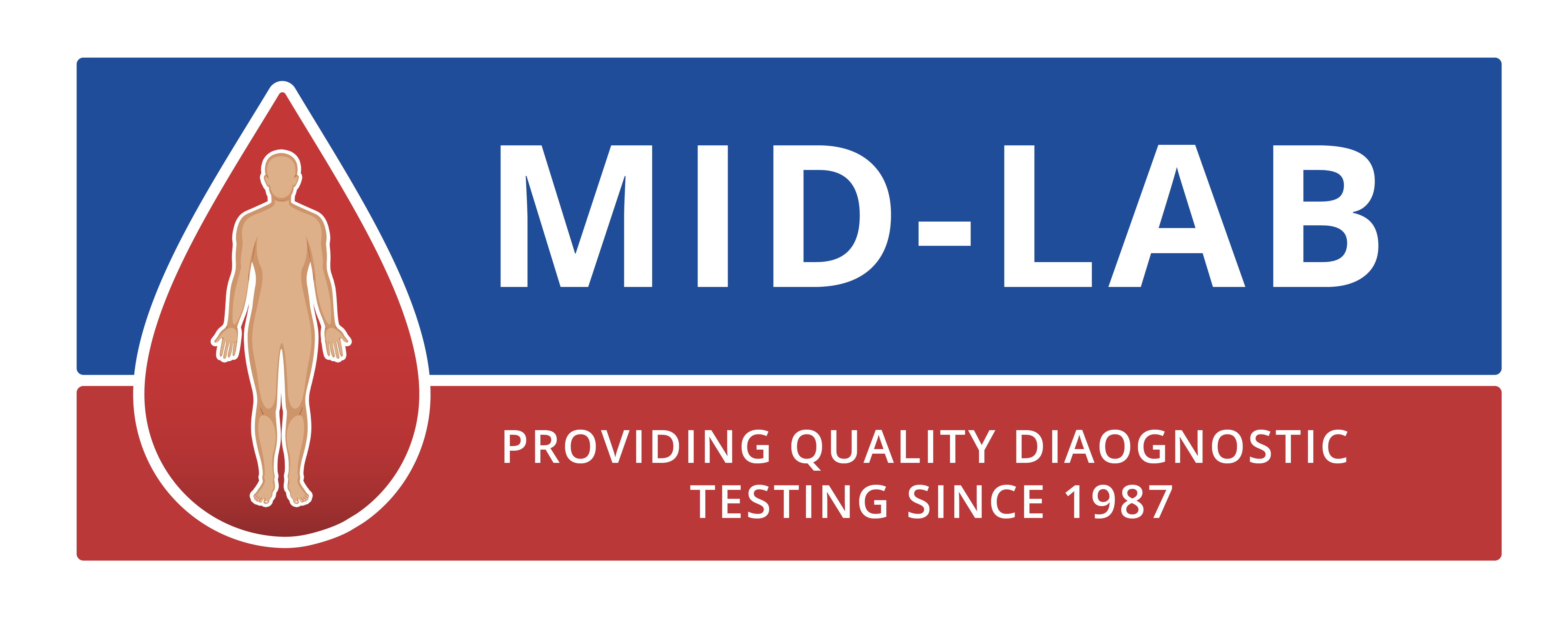Hepatocellular carcinoma (HCC) and cholangiocarcinoma are the two major types of primary liver tumour. Both are increasing in incidence in the UK, in the case of HCC because of the increasing prevalence of chronic liver disease, particularly caused by alcohol and non-alcoholic fatty liver disease. They have a poor overall prognosis because of late presentation and the presence of underlying liver cirrhosis in patients with HCC.
Patients usually present with a liver mass or jaundice. Assessment is primarily radiological by means of computed tomography and/or magnetic resonance imaging. Surgery remains the major curative option for both tumour types; liver transplantation and, rarely, resection are performed for HCC, and surgical resection for cholangiocarcinoma. However, only approximately 20% of these cancers present at a stage when surgery is possible.
For non-surgical candidates with HCC, there are three potential treatment options: ablation, trans-arterial chemo-embolization and sorafenib or lenvatinib. Chemotherapy for cholangiocarcinoma is limited to gemcitabine-based systemic chemotherapy. Screening for HCC is a strategy that could potentially enhance early diagnosis.
Keywords
BCLC stagingcholangiocarcinomagallbladder carcinomagemcitabinehepatocellular carcinomaMRCPsorafenib
 Cleaner Teeth, Healthier Heart?
Prev post
Cleaner Teeth, Healthier Heart?
Prev post



Recent Comments